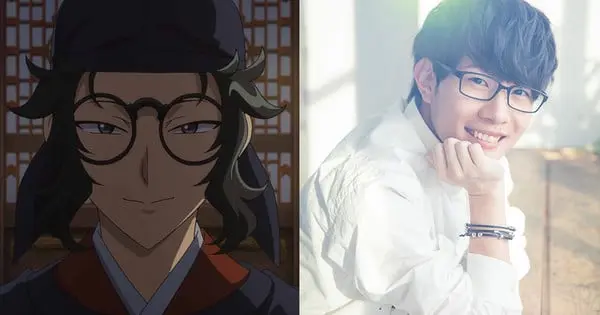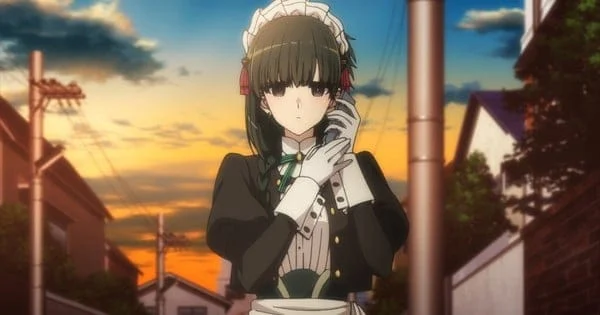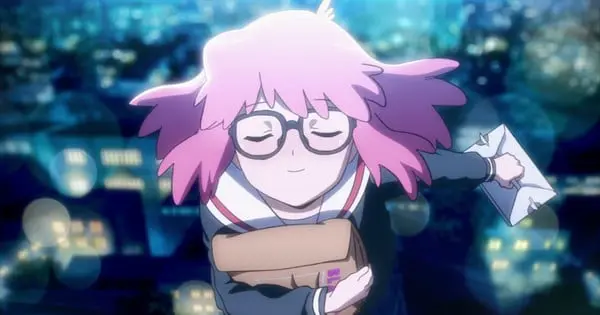The final episode of M. Night Shyamalan’s psychological thriller, Servant, has arrived, concluding its four-season run on Apple TV+. The series, which began with the eerie premise of a grieving couple, the Turners, employing a mysterious nanny, Leanne, to care for their reborn doll, has taken viewers on a twisted journey. The finale, titled “Fallen,” provides a mix of answers and lingering questions, leaving a bittersweet taste for fans who have been captivated by the show’s ambiguity and suspense.
The Unraveling of Truth: Dorothy’s Memory Resurfaces
A pivotal moment in the finale is Dorothy Turner finally confronting the truth about her son Jericho’s death. The series had initially established that Dorothy experienced a psychotic break after accidentally leaving her infant son in a hot car, leading to his tragic passing. This trauma resulted in her denial and the belief that a reborn doll was her real baby. Throughout the series, Leanne seemed to have brought Jericho back to life, but the finale reveals this was a manifestation of Dorothy’s grief.
In the penultimate episode, Dorothy’s repressed memories resurface, triggered by the confessions of her husband, Sean, and her brother, Julian. The emotional impact is palpable as she grapples with the horrific reality of her actions, screaming, crying, and collapsing under the weight of her grief. This raw display of emotion marks a turning point for Dorothy, who must now choose between clinging to the illusion of a resurrected Jericho or accepting her loss and moving forward.
Leanne’s Struggle: Power, Guilt, and the Search for Forgiveness
Leanne Grayson, the enigmatic nanny at the center of the supernatural occurrences, also faces a reckoning in the finale. It’s revealed that Leanne’s powers, which included bringing Jericho back and manipulating events around her, are tied to her deep-seated trauma and guilt. Growing up in a cult known as the Church of Lesser Saints, she carries the burden of blaming herself for her parents’ death in a fire. Her desire to help the Turners, particularly Dorothy, stems from a desire to atone for her perceived failures.
Leanne’s powers are not portrayed as a divine gift but as a dangerous manifestation of her unresolved trauma. The finale shows her losing control, with nature mirroring her emotional turmoil through raging storms and sinkholes. Despite the chaos, the most surprising revelation is that Dorothy chooses to forgive and support Leanne, recognizing her own shared trauma and need for healing. This act of compassion underscores the show’s focus on empathy, forgiveness, and the human capacity for growth even amidst profound loss.
The Church of Lesser Saints: A Shadowy Influence
The Church of Lesser Saints played an increasingly important role in the show’s later seasons, and the finale brings their involvement to the forefront. Officer Reyes, introduced earlier in the series, is revealed to be a member of this cult and was present on the scene the day Jericho died. This connection highlights that their influence extends far beyond Leanne. They seek to control or at least understand Leanne’s abilities, emphasizing their fear of her power. However, Dorothy, after acknowledging the truth, has no desire to return to her old life or involve herself with the cult again.
Symbolism and Interpretation: More Than Meets the Eye
Servant is not just a story of supernatural events; it’s a psychological exploration of grief, denial, and the human psyche. The series is rich in symbolism, from the significance of Jericho’s name to the visual metaphors associated with Julian’s character. The finale ties up some of the series’ loose ends but also leaves viewers pondering the deeper meaning behind the events, encouraging reflection.
The series’ ending underscores that the supernatural elements were a backdrop for the characters’ personal struggles. Leanne’s power was a result of her own pain, mirroring Dorothy’s denial and inability to cope with her loss. By facing their pain, both women begin the long process of healing, symbolizing a journey of growth and acceptance.
A Bittersweet Conclusion: Moving Forward
The ending of Servant is not a straightforward, happy conclusion. Instead, it’s a bittersweet resolution where characters confront their pasts and choose a path forward. Dorothy and Sean decide to leave their damaged home and focus on their relationship, finally processing the death of their son and beginning a new chapter. Leanne’s fate is less clear, with Officer Reyes seemingly watching over her remains after her powers overwhelmed her. However, Dorothy’s forgiveness towards Leanne signals a measure of peace for both characters.
The series finale leaves behind the central question: Was it a supernatural horror, or a story of a family struggling with profound grief? The answer is both. Servant masterfully intertwined the supernatural and the emotional, offering a complex story that keeps viewers engaged and pondering long after the credits roll.
Fan and Critic Reactions
The Servant series finale has garnered varied reactions from both critics and fans. Some praise the show’s ability to maintain its ambiguity and explore the themes of grief, while others are left with a feeling of dissatisfaction and disappointment, citing the lack of concrete answers regarding the supernatural elements.
Some viewers found the finale to be emotionally satisfying, particularly Dorothy’s journey toward acceptance and her forgiving nature towards Leanne. This human-centric approach to the finale, focusing on the characters’ emotional growth, resonated with a large part of the audience. However, the open-ended nature of certain plot points, such as the full extent of Leanne’s powers and the exact nature of the Church of Lesser Saints, has left many feeling that the show failed to commit to a definitive portrayal.
The series as a whole has been praised for its high production quality, especially its cinematography, and the strong performances from the cast, which include Lauren Ambrose, Toby Kebbell, Nell Tiger Free, and Rupert Grint. However, some have criticized the show for its slow pace and at times confusing narratives, noting that at some points, the show seemed to lose its original focus.
In conclusion, Servant‘s finale is a complex and nuanced conclusion that leaves viewers contemplating the deeper themes of grief, forgiveness, and the human condition. While it may not provide all the answers some viewers desired, it ultimately serves as a testament to the power of human connection and the journey of healing even after great loss. The series’ ambiguity and its blend of psychological and supernatural elements ensures that Servant will remain a topic of conversation among fans for a long time to come.










